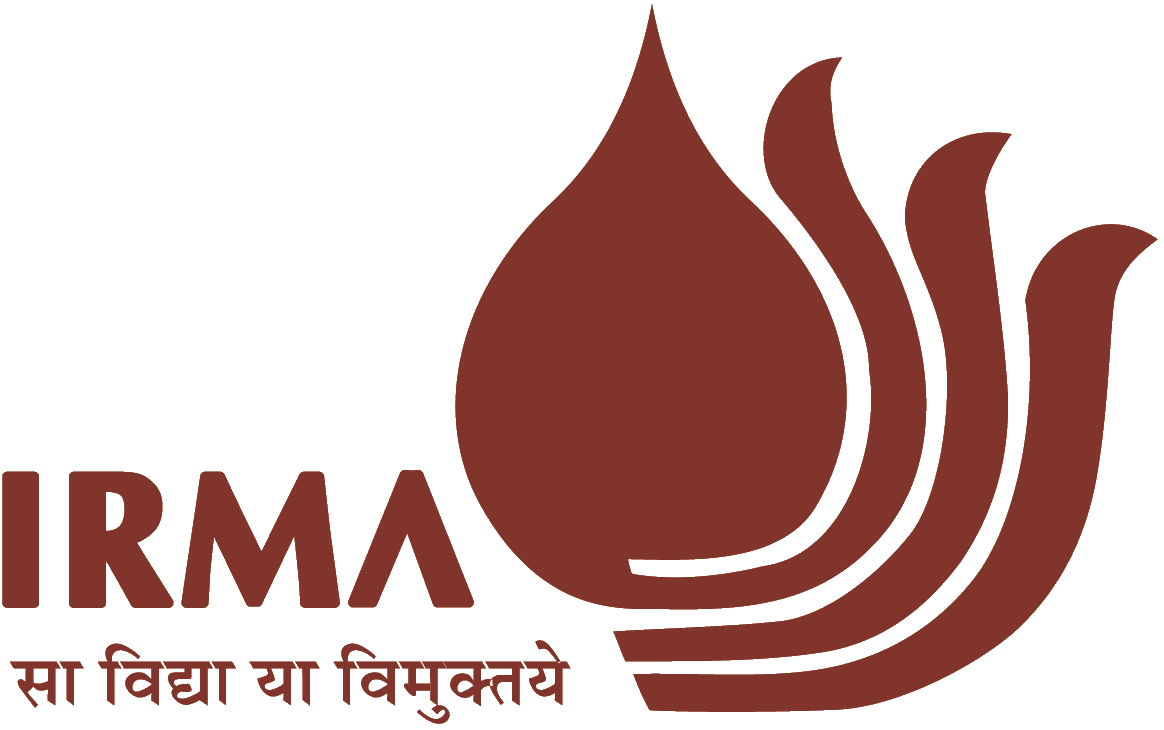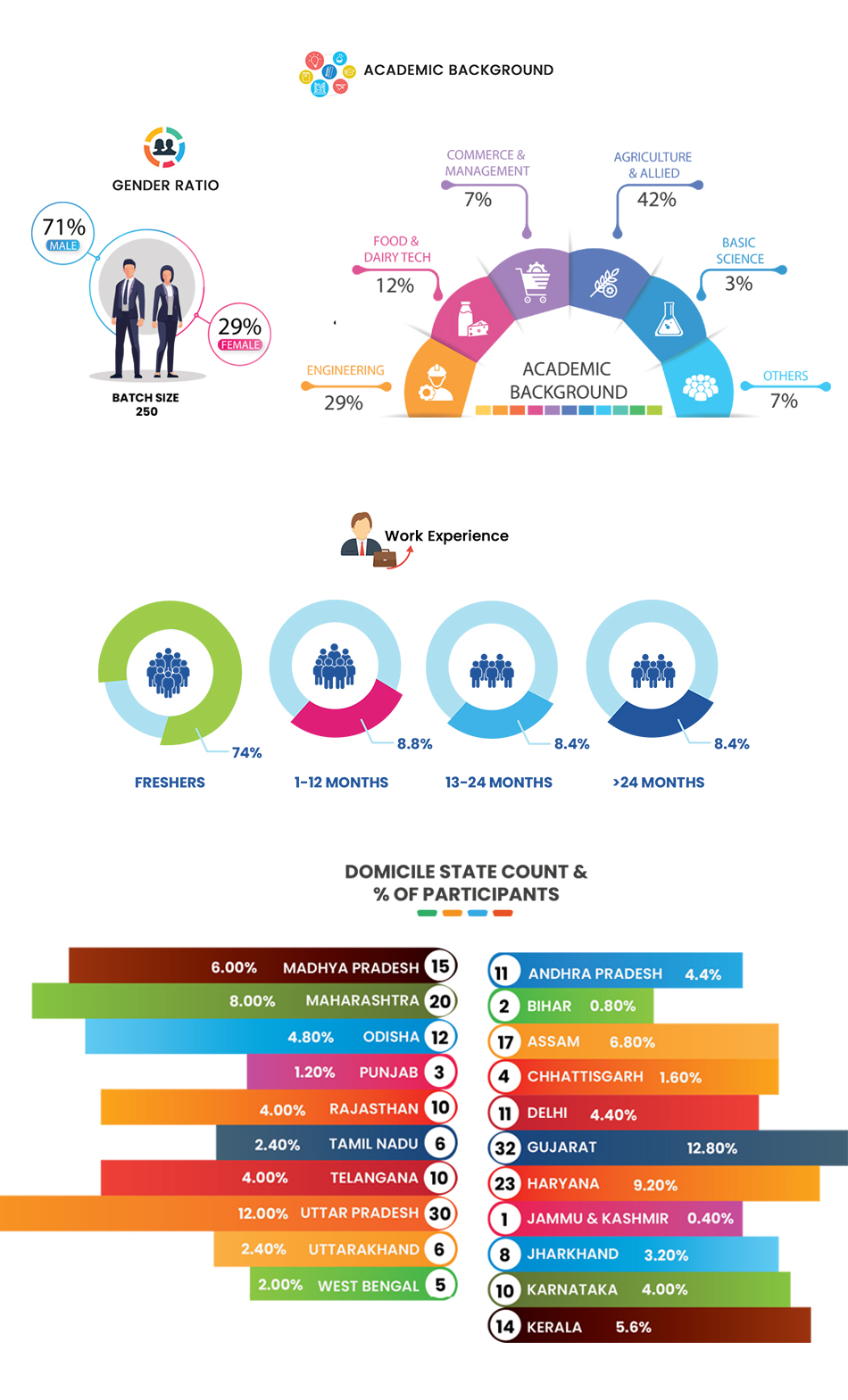The 22-month long PGDM (RM) programme is divided into six Classroom Terms, a Village Fieldwork Segment (VFS), and a Summer Internship Segment (SIS). The courses in each of these six terms are carefully structured in order to give a wholesome view of the entire discipline and are judiciously placed to enable the participants to apply the same during their internship.
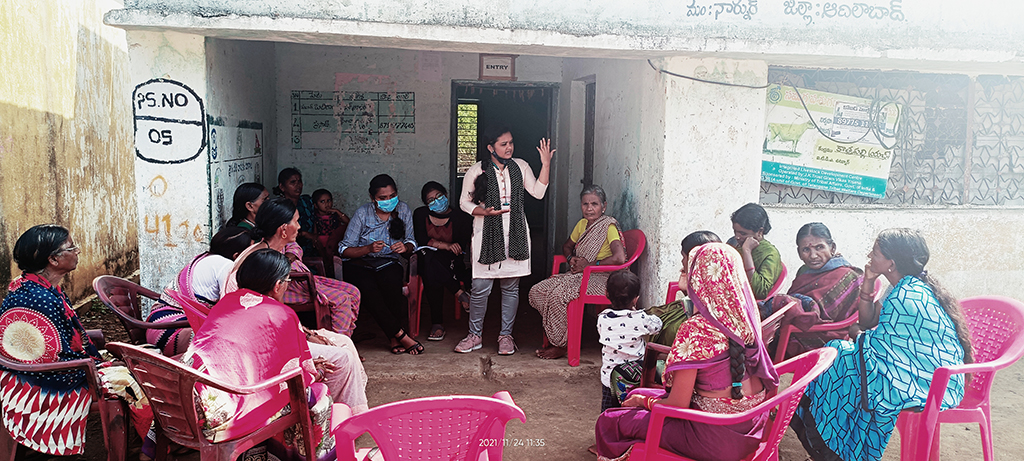
Phase 1 | The Fundamentals and Field: 1st Term & Village Fieldwork Segment
The courses in the first term cover some of the fundamentals of the management discipline and subjects that aid and provide tools for understanding and practical application in the Village Fieldwork Segment. The core courses during the first term include Business Statistics and Analytics, Microeconomics, Organizational Behavior, Financial Accounting and Rural Society and Polity. Implementation-oriented courses such as Participatory Rural Appraisal and value-added courses such as Gender and Development Lab equip the students to undergo the Village Fieldwork Segment wherein, they will be gaining first-hand experience to understand rural life and society by spending seven weeks in the village.
The VFS consists of three distinct components: Exploratory Study of the Village (ESV), Rural Action Component (RAC) and Theme Paper (TP). ESV is designed to give students a deeper understanding of crucial rural development themes such as health, education, governance, land tenure, agriculture, livestock, employment and business structures, and financial inclusion. Under the RAC component, participants execute a small action-oriented task assigned by the host organization. For the Theme Paper, the students must study and highlight any village specific issue and give their recommendations for the same.
Phase 2 | The Functionalities of Fundamentals: 2nd & 3rdTerm & Summer Internship Segment
The courses in the second comprise the different functional areas of management and help the students develop an advanced understanding of the management discipline and development field through the integrative core subjects. The core subjects in these two terms include Macroeconomic Perspectives, Organizational Structure & Design, Operations Research & Management, Human Resource Management, Financial Management, Marketing Management and Market Research & Analytics. Spreadsheet Modelling, a value-added course, provides students with an experiential learning opportunity. The Development Theories course in the second academic term aids in the students’ understanding of the development field.
The Summer Internship Segment (SIS) is a nine-week long internship program scheduled from June through August of the PGDM-RM program. It aims to provide students with an opportunity to work closely with experienced managers in corporate and grassroots organizations. Students develop practical skills and gain a realistic idea of the managerial functions of various organizations. It offers scope for application and appreciation of theories, tools and techniques learned in the classroom and the VFS. Hence, SIS acts as a prelude to what the students are likely to encounter in their careers as managers.
Phase 3 | Reflection and Execution: 4th, 5th & 6th Term
In the last three terms, elective courses build on the foundational subjects and help students develop expertise in specific practice areas. This allows students to reflect on their learning from previous terms and build higher-order management skills. This is established through courses like Strategic Management, Project Management, and Managing Collectives. Students are given the freedom to judiciously choose electives that would shape their IRMA journey during these terms.
Furthermore, there are electives aimed at providing an in-depth understanding of various paradigms of management and development processes such as Corporate Social Responsibility, Monitoring & Evaluation and Microfinance as well as those that build a critical perspective on business domains such as Sales and Distribution Management, Agribusiness, Quality Management, Supply Chain Management, Social Marketing, Brand Management, and Strategic Sourcing Management.
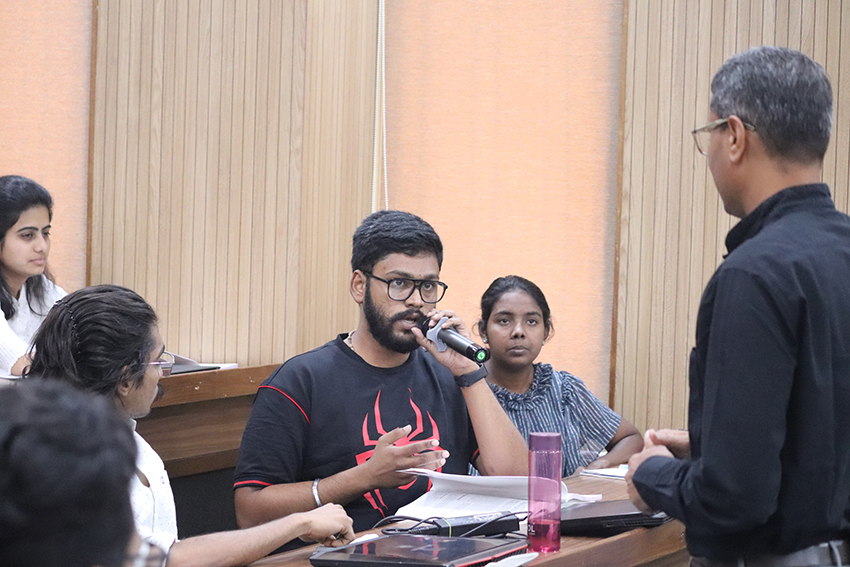
In order to achieve this perfect learning mix, IRMA, through its illustrious faculty, follows a distinct pedagogy with regard to each course that includes:
– Projects and Presentations: This gives participants an opportunity to showcase their knowledge, creativity, and dynamism. Working in different groups with their peers from diverse academic backgrounds widens the knowledge base of participants, introducing variety to their unique learning experience besides honing their leadership a-nd people management skills.
– Simulation / Experiential Exercises and Audio-Visual Aids: Every new batch is inducted into the PGDM(RM) programme through the famed in-house management simulation game called ‘Naranpur Express’ that simulates the rural economy and emphasizes the need for asset management and financial prudence. Simulation games are also employed in a lot of ‘Organizational Behaviour’ domain courses to demonstrate practical situations and the strategies required to be used in them.
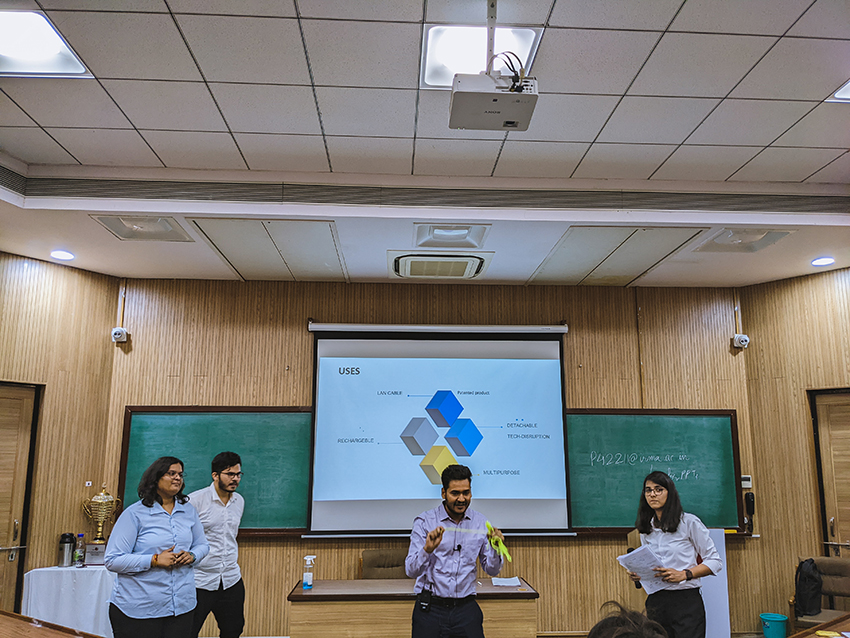
– Case Analyses: Used for introducing contextual analyses and insights into issues discussed in classes by simulating a business environment in the classroom.
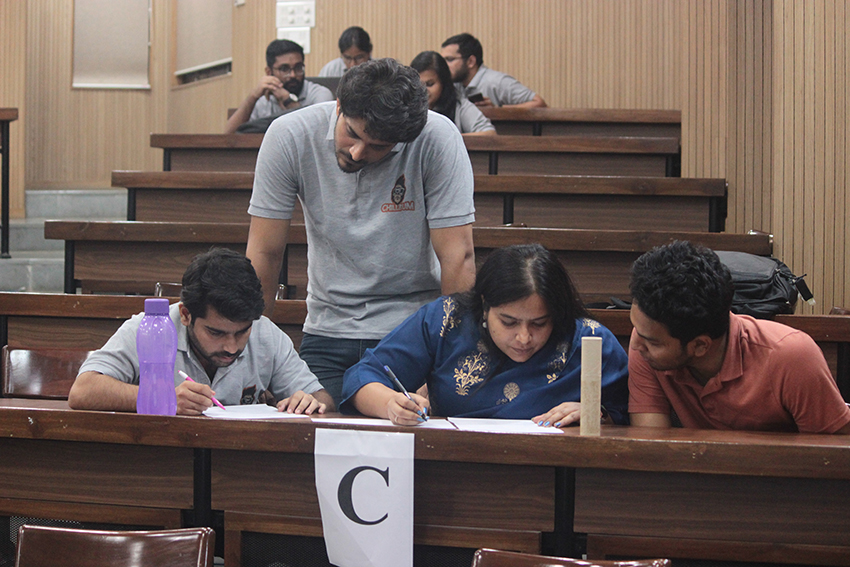
– Experiential Learning: Participants spend considerable time outside of the campus, learning, and applying. A graduating participant will have lived and worked with the underserved for nearly five months and hence, becomes a valuable asset to any organization wanting to cater to the needs of the rural populace.
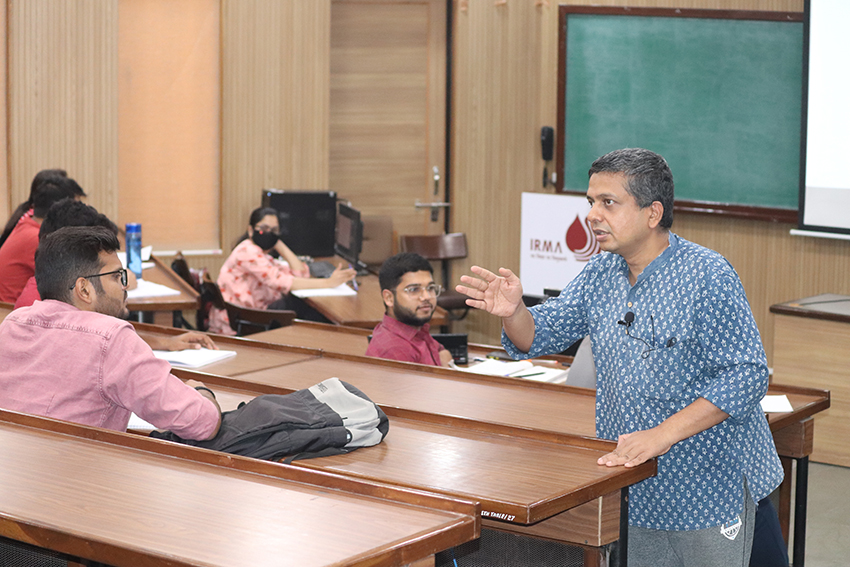
– Firm Belief in Gender Inclusivity: Here at IRMA, the genders are treated on par. Female participants face the same challenges as their male counterparts while on their fieldwork in the hinterlands. The tenacity of assignments remains the same and neither of the genders is discriminated against in the context of opportunities.
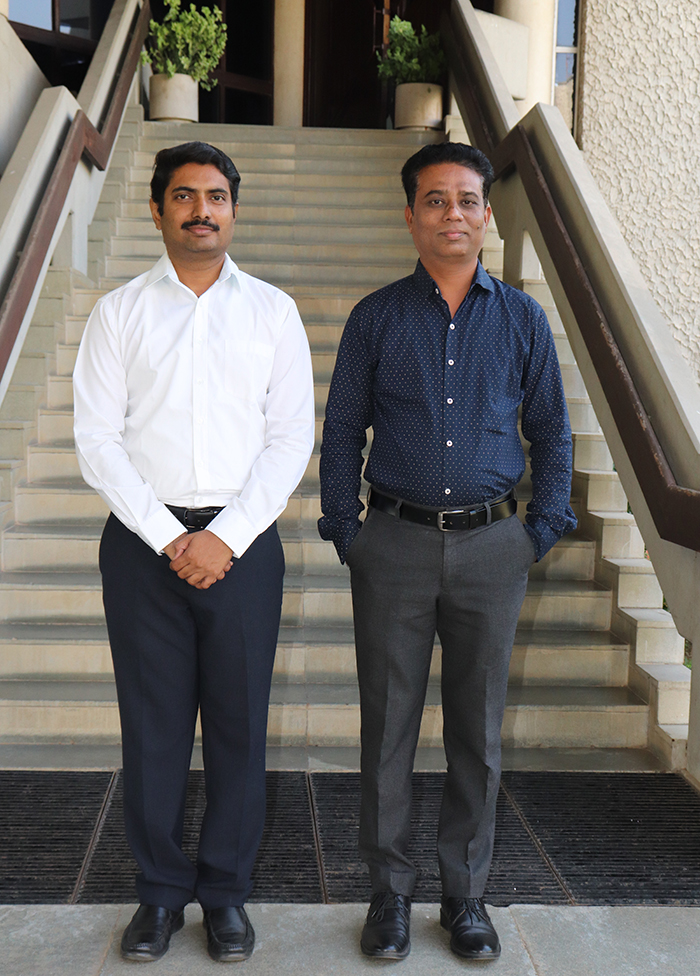
Prof. Aashish Argade
Associate Dean,
IRMA
Come, engage with some of the nation’s brightest, young women and men privileged with the knowledge, skills and aptitude needed to work across the rural-urban continuum.
Alpesh Macwan
Senior Officer (Placements)
Mo. 7069066175
Email: placement@irma.ac.in
Participants’ Achievements
Club Activities
ICON Talks
Participants’ Achievements
QUEERious Case Study Challenge
Competition Sponsor
Tata Steel
Position of IRMA
Finalist (in the top 10)
E.P.I.C Strategy Challenge
Competition Sponsor
TVS Credit
Position of IRMA
3
Sun Tzu
Competition Sponsor
Avalon Consulting
Position of IRMA
Semi-Finalists
Steel-a-thon 2022
Competition Sponsor
Tata Steel
Position of IRMA
Semi-finalists
Steel-a-thon 2022
Competition Sponsor
Tata Steel
Position of IRMA
Finalists (in the top 10)
Steel-a-thon 2022
Competition Sponsor
Tata Steel
Position of IRMA
First Runners-up
Competition Name
India Evaluation Case Competition 2021
Competition Sponsor
EvalYouth India
Position of IRMA
3
Competition Name
SDG Case Study Challenge
Competition Sponsor
National Institute of Technology, Rourkela
Position of IRMA
1
Competition Name
(Rashtriya Krishi Vikas Yojana – Remunerative Approaches for Agriculture and Allied Sectors Rejuvenation) scheme
Competition Sponsor
Ministry of Agriculture & Farmers’ Welfare
Position of IRMA
Grant of INR 5 lakh
Competition Name
Swachhata Pakhwada 2021 – Project Development Competition
Competition Sponsor
ONGC Foundation
Position of IRMA
1
Samadhaan – Case Study Competition
Competition Sponsor
National Academy of Agricultural Research Management (NAARM)
Position of IRMA
1
Policy Case Study competition
Competition Sponsor
IIT Kanpur
Position of IRMA
1
The Social Conundrum, a Social Initiative Case Study competition
Competition Sponsor
BITS Pilani, Goa Campus
Position of IRMA
1
Anirvan – The Indomitable Change
Competition Sponsor
SIIB, Pune
Position of IRMA
2
Zero One Infinity, a Blockchain based challenge
Competition Sponsor
IIM Indore
Position of IRMA
1
Changemaker – Be the Change You Want to See
Competition Sponsor
Sardar Patel Institute of Technology, Mumbai
Position of IRMA
2
Suspire
Competition Sponsor
IIM Calcutta
Position of IRMA
1
Brand Route
Competition Sponsor
IIM Amritsar
Position of IRMA
3
Zero One Infinity, a Blockchain based challenge
Competition Sponsor
Kirloskar Group
Position of IRMA
1
Sustainable Business Ideation Challenge
Competition Sponsor
IRMA
Position of IRMA
1
Disaster Management Challenge
Competition Sponsor
Vivekanand Education Society’s Institute of Management Studies and Research (VESIM), Mumbai
Position of IRMA
1
‘SummIT’, a national-level article writing competition
Competition Sponsor
NMIMS, Mumbai
Position of IRMA
2
TATA Crucible Campus Quiz 2022
Competition Sponsor
TATA
Position of IRMA
State Finalists
Bureau Quiz
Competition Sponsor
Shri Ram College of Commerce
Position of IRMA
3
Flame Student Awards
Competition Sponsor
Rural Marketing Association of India (RMAI)
Position of IRMA
2
National Marketing Quiz
Competition Sponsor
Business Hub
Position of IRMA
13
PackIt
Competition Sponsor
IIM Bangalore
Position of IRMA
2
Club Activities

Nishadya – The Marketing Club
Description
NISHADYA means “market” in the Sanskrit language. The aim of the club is to provide academic and networking assistance, which will be instrumental in crafting long, successful marketing careers. Dr Verghese Kurien was always a firm believer in the dictum that ‘Brand’ is power. Undoubtedly, marketing is one of the most important aspects of running a successful organisation, be it development or corporate.
To facilitate the same, we organize interactive sessions and workshops hosted by experts and professionals as well as innovative contests for participants in order to bridge the gap between academic and experiential learning.



Arthaysa – The Finance Club
Description
Arthasya – The Finance Club believes that finance as a discipline is about evolution and inclusion. The club’s objective is to educate the participants about modern-day finance, fintech and the role of financial institutions. The club aims to develop a constructive culture in future rural managers and enable them with tools to apply the theoretical concepts they have learnt in classrooms.
As rural managers, we must be armed with the tools to minimise uncertainties. Arthasya considers this by facilitating learning through academicians, researchers, industry practitioners and students. It gives us a platform to learn from the experience of others and ends up promoting a process of gaining knowledge and wisdom.



Pravartana – The Operation Club
Description
Pravartana, the operations club, is a student-run initiative at IRMA Anand that cultivates the interest of the student community in the field of operations by giving opportunities to concentrate on operations and supply chain management, critically assessing strategic thinking abilities, and comprehending how actions and decisions affect necessary company measures and leadership goals. Through simulation games, case competitions, quizzes, live projects, and guest lectures/talks, we try to bridge the gap between classroom teachings and practical application in a variety of operations fields, including operations management, logistics and supply chain planning, inventory management, etc.



iSEC
Description
IRMA by facilitating the creation of effective and scalable organizations; mainly social organizations by being a launching pad for innovative and comprehensively designed development interventions. iSEC derives its values and motivation from the sacrosanct legacy that the India’s milkman has left behind.



IRMA – Development Consultancy Club
Description
IDCC focuses on the development domain. We work on curating live case studies, approaching consultancy firms for live projects, and conducting debates and MUN. IDCC believes in creating a community who are passionate about upskilling which will help in the development domain. The community learns together and creates valuable output for society. IDCC is fortunate to have Dr. Vivek Pandey as the mentor and constant support from Verghese Kurien Policy Lab.



i-Spirit – Mindfullness Activity Peace
Description
In our opinion, the IRMAn spirit stands for the spirit of humanity, collectivism, and the simple principle of owning and Help Others Grow. The foundation for developing such individuals lies in self-development. The i-Spirit club believes that Yoga, Meditation, and Mindfulness are highly instrumental in achieving the objective of self-development. The stress the youth faces is immense at this age, and to deal with it, they are occupied in various counter-productive pursuits. Their energies can be channelized in a better manner with the help of Yoga, Meditation, and Mindfulness which will not only ensure their well-being but also provide a higher purpose in life. The club, in its entirety, aims to help the participants develop themselves into individuals who will go out in the world and exhibit the IRMAn spirit in their life by working towards the betterment of the masses.



Jigyasa
Description
Jigyasa, as the word indicates, is a club for enthusiasts, specifically in the field of quizzing.We promote an adventurous quizzing experience for the IRMA participants that not just leads then to brainstorming but also creates an opportunity of fun amidst the hectic MBA schedule.



Melomaniacs
Description
Melomaniacs is the high to your blues, the club that aspires to bring under one umbrella, the diverse voices and instruments, styles and cultures so that we can learn from one another through the art of music. Our values are rooted in the belief that there is melody in everything, from the chirping of birds to the pitter patter of raindrops and the art of synchronizing this is the art of creating music. At Melomaniacs, we invite every IRMAN/Non-IRMAN to come together and let the art of synchronization flow freely.

SPECTRUM
Description
SPECTRUM Club creates a safe space for LGBTQ+ students and their allies to share what’s on their minds, especially regarding LGBTQ+ issues and also encourages the harmony of different sexual, romantic, and gender identities to create a safe environment for everyone on campus. . We also talk about other topics, such as historical events and how that has impacted us. We also bring guest speakers to sensitise people about issues on sexuality and mental health. Club’s activities revolve around their goal of educating people so that bigotry does not exist due to ignorance. We wish to create a more inclusive space for all individuals, irrespective of their gender identities in IRMA.



Laasya- The Nritiyashala of IRMA
Description
Laasya works to proliferate the culture of dance in the lives of IRMA students and its community to harbor an inclusive environment and further make it a sustainable venture. Laasya conducts workshops, dance battles, flashmobs and choreographs dances for each cultural event. Including dancers, non dancers and first time performers, Laasya has successfully engaged more than fifty students in single event. When the daily toil of studies, pre reads, post reads, assignments, and quizzes suck out all the creativity and enthusiasm, with dance Laasya brings joy among participants.



Chanakya
Description
Club Chanakya is dedicated to training students for summer internships and final placement. We collaborate with industry leaders and experts to bring actionable intelligence to IRMA participants. We organise sessions for Group Discussion, Personal Interviews, CV building, Body language, and leadership skills development. We help the participants by connecting them with our Alumni and relevant industry experts to learn from their experiences.



Abhyudaya
Description
Abhyudaya was established in 2017 in response to the ever increasing curiosity of the participants regarding the development and public policy sector. The club intends to enhance the learning experience of its members by conducting various events. The club envisages enhancing the employability of all participants so that they are relevant in the job market. It intends to do this by conducting various workshops that will help the members understand the current requirements in the sector while honing their technical skills.



INAM – IRMA Natya Manch
Description
INAM is a platform wherein participants can experience the power of theatrical expression while bringing social issues affecting the masses to light. It encourages both compassion and tolerance in participants and the audience by helping them to relate with greater sensitivity to different situations, backgrounds, and cultures.
Guided by these principles INAM has rolled out performances related to theatre forms including 鮮ukkad Natak’ and stage plays serving to highlight some critical issues ailing our society. INAM aspires to stage meaningful performances and help participants develop the ability of self-expression through acting, seminar discussions, workshops, review writing, script interpretation, and technical proficiency in set, costume and light design.



Jaivik – The Organic Farming Club
Description
Jaivik: The Organic Farming Club of IRMA is now a full-fledged hub of entrepreneurial activity. Every year, participants invest in the club and join as shareholders. They grow organic vegetables on campus and sell them to residents in and around IRMA’s campus. Participants perform different kinds of field activities like field preparation, seed showing, and irrigation to get in-hand experience in farming activities & understand the problems of marginal farmers. Every input required in organic farming is prepared by the participant community. Jaivik is also solely responsible for conducting interactive sessions with Agribusiness experts, bringing awareness and developing inclination towards organic production and learning the intricacies of organic business.

Reflexion – The Photography Club
Description
Reflexion, the photography club, captures the very essence of humanity in IRMA. Started by PRM34 and resurrected by PRM 40, Reflexion is a platform for photography enthusiasts of IRMA who have a penchant for photography, want to hone their skills, and showcase it to the world. We believe that every moment of the campus holds something special, and there is always something interesting going on. Reflexion intends to bring these lively moments in and off campus in the most picturesque manner so that wherever we all are, these memories linger on independent of time, keeping the essence intact.



Krishinova
Description
Krishinova – The Agribusiness Club aims at solving modern-day challenges in the agribusiness sector through a collaborative approach, keeping in mind the challenges faced by farmers. Founded by PRM 41 (Batch of 2022), the club is a platform for participants of all academic backgrounds to learn more about the problems in the corporate sector and develop skills to tackle the same.
Krishinova plans to substantiate this vision by collaborating with industry leaders for interactive sessions and a peak into the real world of agribusiness. It also publishes monthly newsletters and fortnightly LinkedIn posts on agribusiness, apart from workshops and exhibitions.



Poshan
Description
Poshan is a Student Interest Group (SIG) formed in December 2020 with the aim of creating awareness on the different aspects and dimensions of nutrition and to serve as a platform for increasing the collective knowledge of everyone at IRMA on topics related to nutrition. Our activities include taking the initiative of Jooz-I forward which operated as a business providing fresh fruits, juices, and shakes on campus.
Purpose-
-To increase awareness of these topics and issues among our fellow IRMANs.
-To provide a platform for those who may have insights on these topics and issues to express their opinions.
-Provision of healthy appetizers.


ICON Talks

Speaker Name
Mr. Raju Narisetti
Designation
Publisher at McKinsey Global Publishing and Founder of Live Mint
Organization
McKinsey
Topic
Interactive session

Speaker Name
Mr. Sandeep Chatterjee
Designation
Director
Organization
Deloitte India
Topic
Disruptions and Challenges in Supply Chain due to the pandemic and/or Experience as a Supply Chain professional

Speaker Name
Mr. Abhishek Gupta
Designation
Partner, Govt Advisory
Organization
EY
Topic
Government Consulting

Speaker Name
Mr. Indunath Chaudhary
Designation
Vice President
Organization
Citi Bank
Topic
Industry Talk
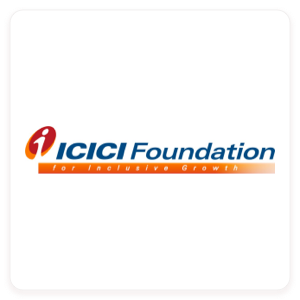
Speaker Name
Mr. Anuj Agarwal
Designation
Chief Operating Officer, ICICI Foundation
Organization
ICICI Foundation for Inclusive Growth
Topic
Development & Distributed Growth Through CSR

Speaker Name
Ms. Shewta Bhardwaj
Designation
Associate Director
Organization
Johnson & Johnson
Topic
Global Health Landscape
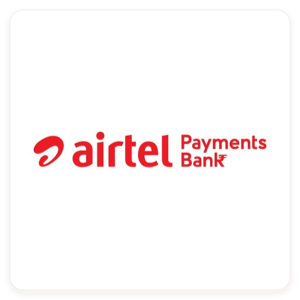
Speaker Name
Mr. Ganesh Ananthanarayanan
Designation
Chief Operating Officer
Organization
Airtel Payments Bank
Topic
Role played by Digital & Financial Technologies to improve rural penetration for Airtel Payments Bank
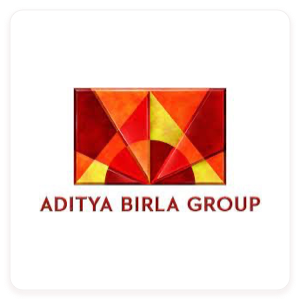
Speaker Name
Mr. Pankaj Rai
Designation
Group Chief Data and Analytics officer
Organization
Aditya Birla Management Corporation
Topic
Interactive session
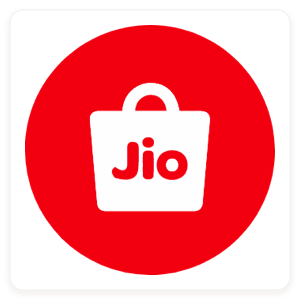
Speaker Name
Mr. Sundar Raj
Designation
Chief Merchandising Officer
Organization
JioMart (Reliance Retail)
Topic
Growth of ECommerce post COVID

Speaker Name
Mr. Dharm Rakshit
Designation
Head HR
Organization
Hero Motocorp
Topic
Conversation with Mr. Dharm Rakshit
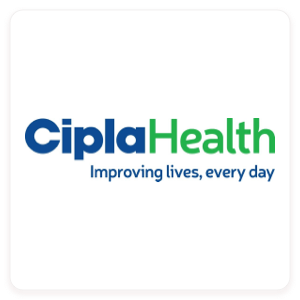
Speaker Name
Mr. Shivam Puri
Designation
Chief Executive Officer
Organization
Cipla Health Limited
Topic
Corporate world & entrepreneurship

Speaker Name
Mr. Nitin Parekh
Designation
Chief Finance Officer
Organization
Cadila Healthcare Limited
Topic
Making of an ultimate CFO
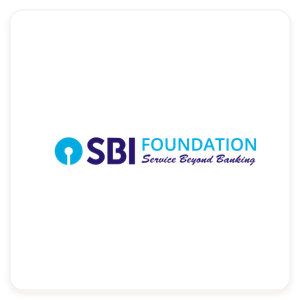
Speaker Name
Mr. Shiddhalingesh B
Designation
Co-ordinator, SBI Gram Seva
Organization
SBI Foundation
Topic
Sustainability in Rural Development Programme
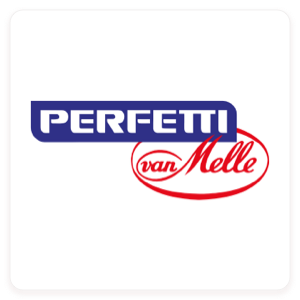
Speaker Name
Mr. Vasu T S
Designation
Associate Director, Sales Development
Organization
Perfetti Van Melle
Topic
Interactive session
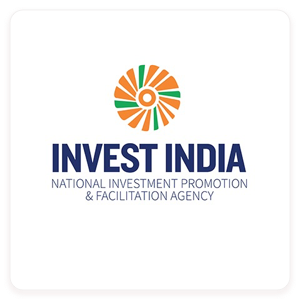
Speaker Name
Dr. Preet Deep Singh
Designation
Lead (One District One Product) of Invest India
Organization
Invest India
Topic
Policy and Growth
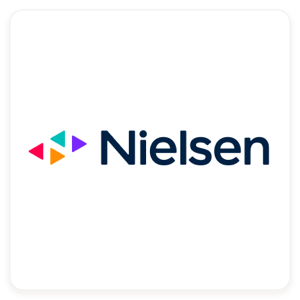
Speaker Name
Mr. Gaurav Singh
Designation
South Asia Lead
Organization
Nielsen
Topic
Market research and disruptions due to pandemic and way ahead
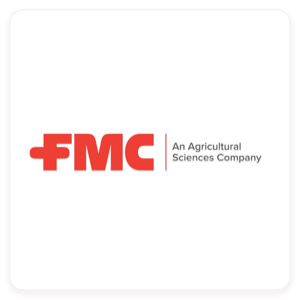
Speaker Name
Mr. Bakul Joshi
Designation
Marketing Lead
Organization
FMC Corporation
Topic
Value Selling

Speaker Name
Mr. Rajendra Mehta
Designation
President & CHRO
Organization
Welspun India Limited
Topic
Diversity and inclusion – Its relevance in business in the current business context

Speaker Name
Mr. T V Narendran
Designation
CEO & Managing Director
Organization
Tata Steel Limited
Topic
Shiksha Aarambh Vykhyan

Speaker Name
Mr. Sundar Raj
Designation
Sr. VP & Chief Merchandising Officer – New Commerce (JIOMART)
Organization
Reliance Retail
Topic
About Retail
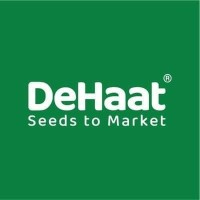
Speaker Name
Mr. Mohammad Salman
Designation
Associate Vice President | F&V Fresh and Processing Business
Organization
DeHaat
Topic
Opportunities for Cold Chain in India
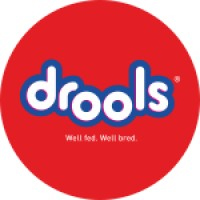
Speaker Name
Mr. Shashank Sinha
Designation
CEO
Organization
Drools
Topic
Industry Talk

Speaker Name
Dr. Nandagopal Gopinathan
Designation
Head – Digital Health Innovation
Organization
Dr. Reddy’s Laboratories
Topic
Industry Talk
Final Placements 2022
SIS 2022
Final Placements 2022
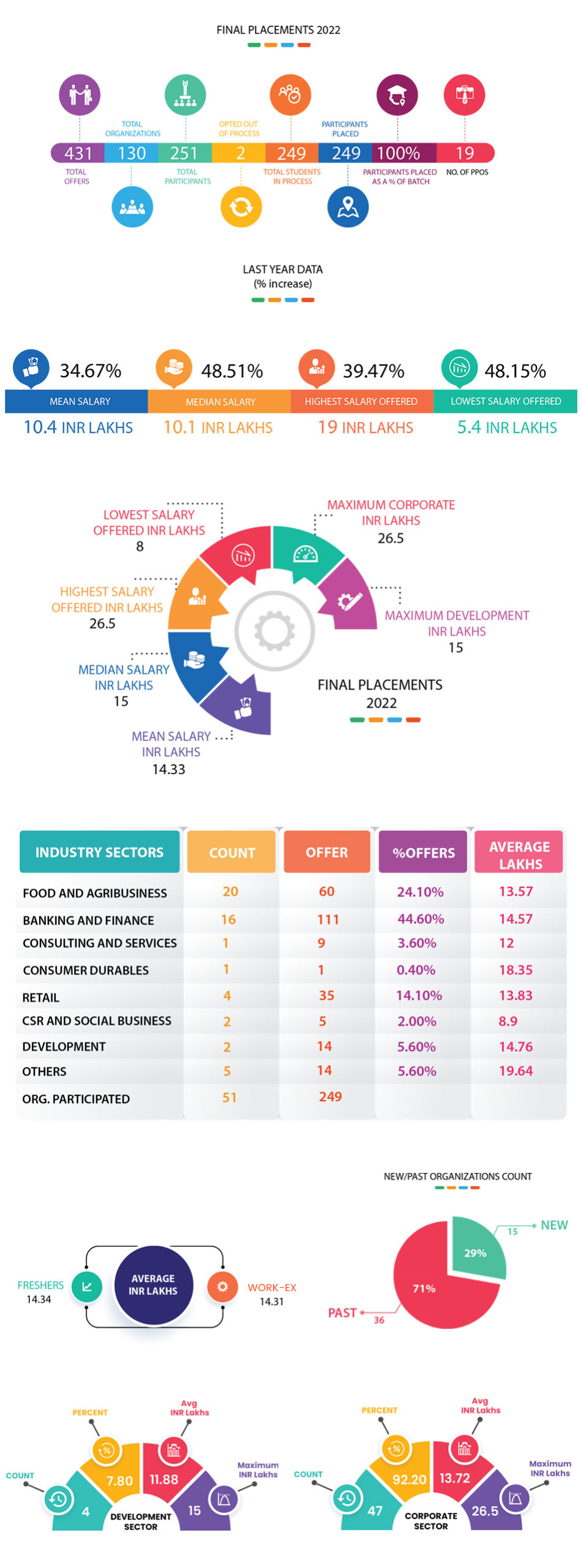
SIS 2022
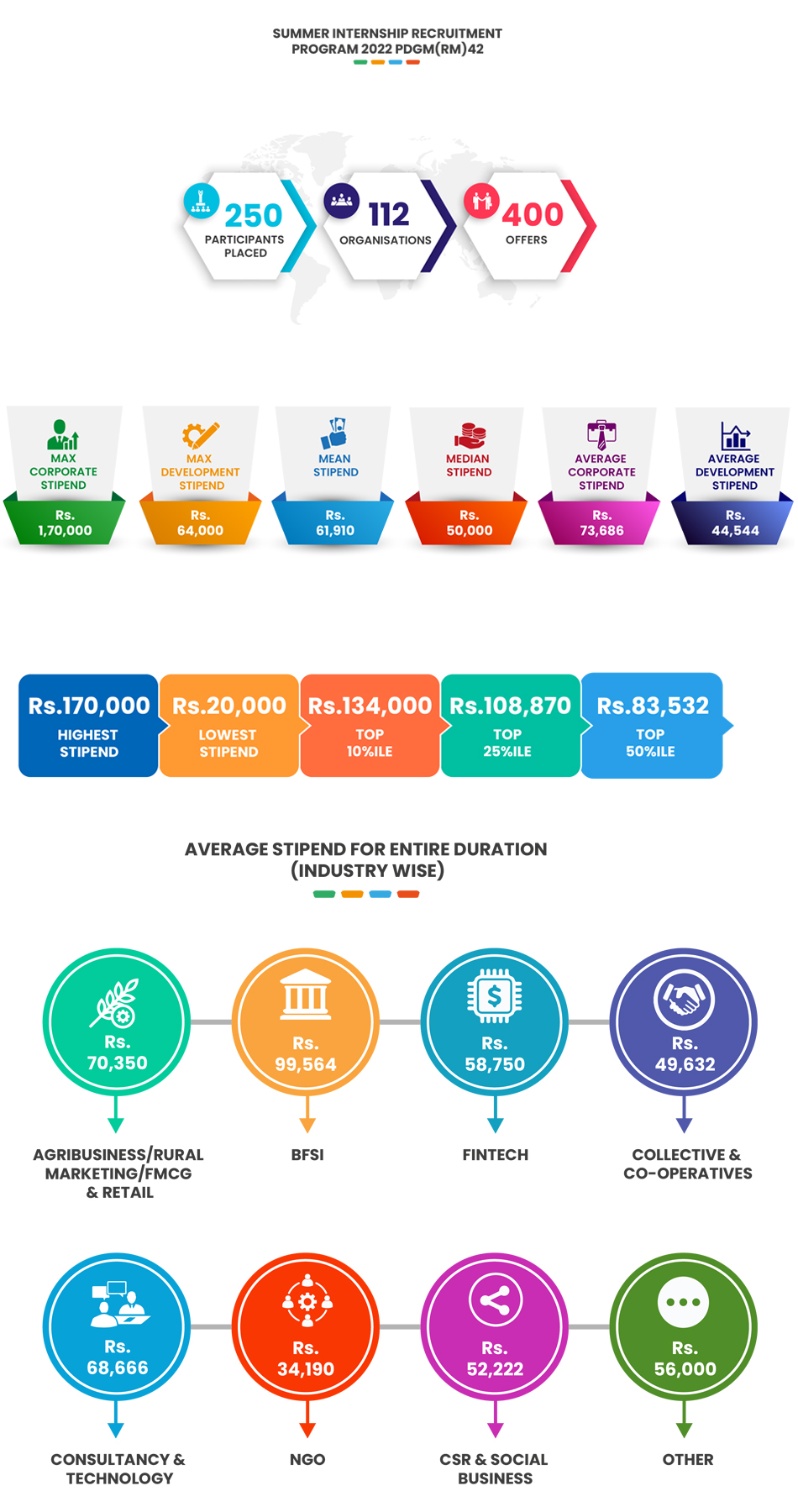
- By Discipline
- By Work Experience
- By Gender
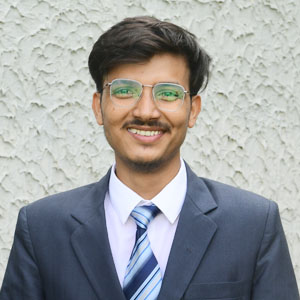
Aakarsh Pandey
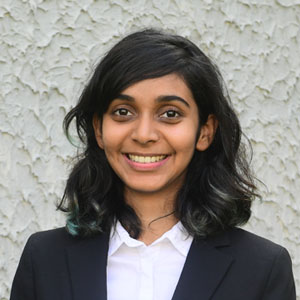
Aashna Sharma

Aayush Malviya
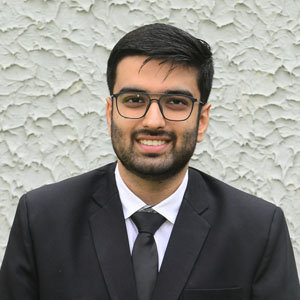
Abhishek Malhotra

Abhishek Patel

Abhishek Singh
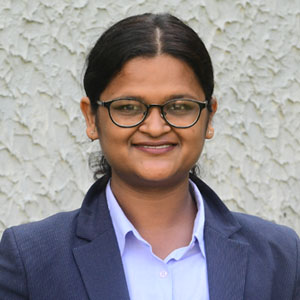
Aditi Agarwal
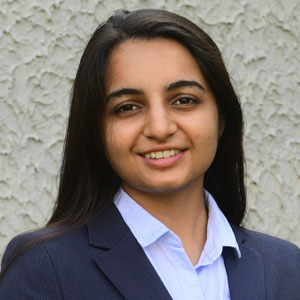
Aditi Patel
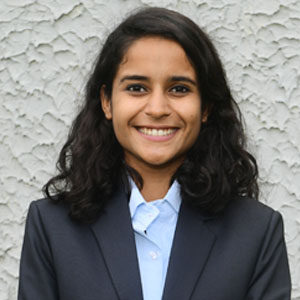
Neepa Agrawal
Career Development and Placement office
Mr. Alpesh Macwan
Phone (M) – 7069066175 (O)- 02692-221699
Email- placement@irma.ac.in
placementcell@irma.ac.in
| Name | Contact detail |
| Shivangi Srivastava (Convenor) | 8355900687 |
| Binjan Patel | 9428050401 |
| Gokul J Mepprethu | 9742540460 |
| Gopika V R | 9562420225 |
| Jayesh Chavhan | 9405716326 |
| Kartik Yadav | 7014041072 |
| Krutika Dash | 9898173679 |
| Pratyush Prateek Panda | 9040999699 |
| Reeya Thakur | 9891901767 |
| Ritigya Shree | 7088080009 |
| Rohan Shah | 8153838273 |
| Umang Parmar | 8866724907 |
| Vikas Kalki | 8179199501 |
Fill the Job Application Form(JAF) to participate in the final placements:
